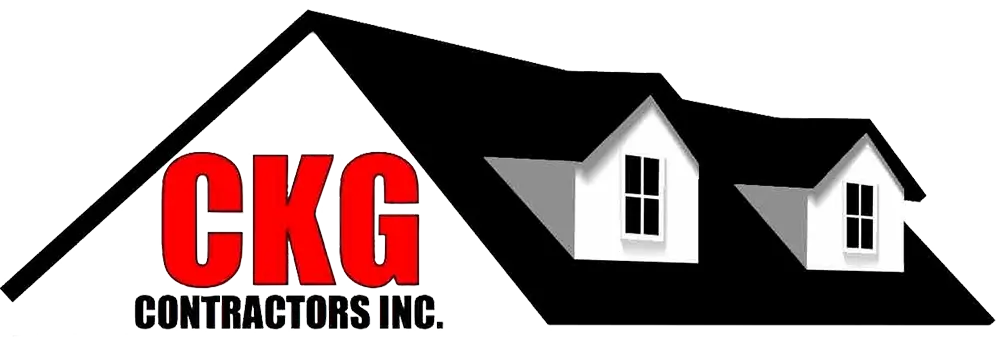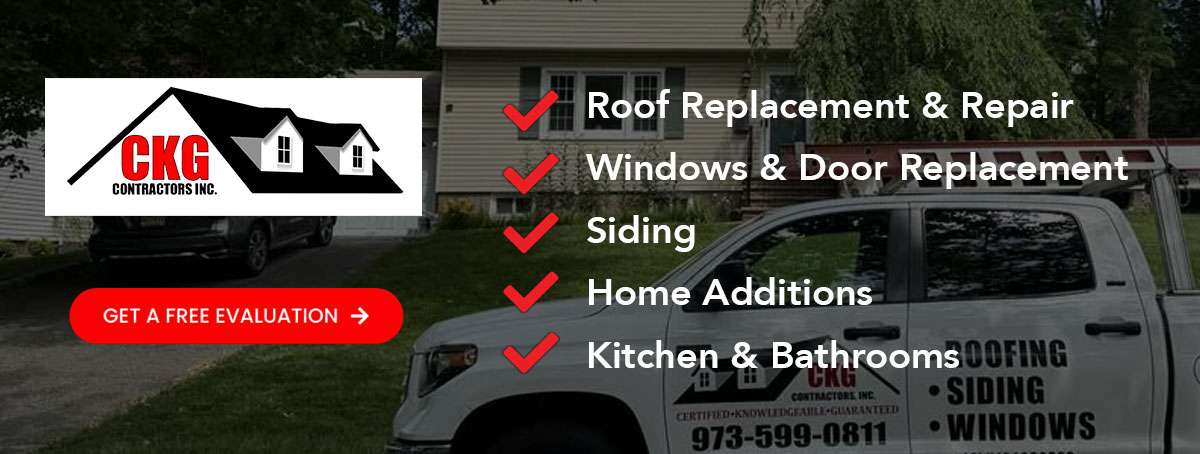This case study explores how a local NJ business, facing significant water damage risks and in need of storm damage repair expertise, benefitted from professional commercial roofing services. Faced with severe weather conditions, aging infrastructure, and neglected maintenance, the business experienced escalating risks and costly repairs. The roofing issues led to recurring water intrusion, deterioration of the building envelope, and potential interruptions to operations, sometimes requiring immediate storm damage repair to stabilize the situation. This article details the comprehensive evaluation performed by an experienced commercial roofing contractor, the inspection process, and the preventative maintenance solutions implemented to mitigate the problem. It also highlights the importance of local expertise in addressing region-specific weather patterns and building codes to avoid future water damage incidents.
In today’s competitive business climate, unexpected water damage can result in severe productivity losses and expensive repairs that jeopardize an organization’s finances and reputation. Roof failures, especially in older or poorly maintained buildings, can quickly spiral into major disruptions. By sharing this success story, the article aims to educate local businesses about the benefits of proactive commercial roofing services, emphasizing tailored solutions such as full roof replacement, targeted repairs, and regular maintenance programs that extend a roof’s lifespan and ensure optimal performance against adverse weather.
The narrative and data presented here are drawn from project management records, on-site evaluations, and customer feedback, providing actionable insights for companies seeking reliable, regionally knowledgeable roofing specialists. The partnership with the roofing contractor transformed a potential disaster into a manageable, successful project and positions CKG Contractors as a trusted partner for safeguarding assets.
What Challenges Did the Local NJ Business Face With Water Damage Risks?
The NJ business faced escalating water damage risks due to prolonged exposure to harsh weather and an aging roof with deteriorating materials and ineffective design. These issues led to recurrent leaks and water seepage that threatened critical operational areas and the safety of stored documents.
How Did Weather and Building Conditions Increase Water Damage Threats?
New Jersey’s heavy rains, strong winds, and occasional snowstorms intensified pre-existing roof issues. The decades-old building featured outdated design such as inadequate slope and ineffective gutters, causing water pooling that led to membrane cracks and accelerated material degradation. Repeated pooling resulted in rust and corrosion, while wind-driven rain seeped through compromised seams. Thermal imaging and moisture mapping confirmed elevated moisture levels across the roof, indicating potential long-term damage if unaddressed.
What Were the Signs of Roof Problems Before Intervention?
Warning signs included visible water stains on ceilings and walls after rain, dark spots and granule loss on shingles, and membrane splits. Blistering, buckling, debris-blocked drainage, and musty odors were also reported. Frequent emergency repairs signaled the need for a comprehensive solution.
How Did the Commercial Roofing Contractor Assess the Roof Condition?
CKG Contractors conducted a structured roof assessment using both visual inspections and advanced diagnostics like infrared thermography and moisture mapping.
What Are the Key Steps in a Commercial Roof Inspection?
Inspections begin with evaluating roofing materials and sealants, followed by infrared scans for hidden moisture. The drainage system is checked, and moisture meters assess both surface and sub-deck integrity. Historical maintenance records help identify recurring problems.
How Does Roof Inspection Help Prevent Water Damage?
Early detection of weak points allows for timely repairs, preventing minor issues from escalating. It supports insurance claims and enables data-driven maintenance strategies that preserve structural integrity and reduce costs.
What Preventative Maintenance Solutions Were Implemented to Avoid Water Damage?
CKG Contractors implemented a comprehensive program of repairs, material upgrades, and monitoring systems to protect the roof and extend its lifespan.
Which Repairs and Upgrades Were Recommended for the NJ Business?
Recommendations included replacing deteriorated shingles, resealing roof penetrations, applying reflective waterproof coatings, cleaning/upgrading the drainage system, and installing water sensors. A detailed project and maintenance plan ensured minimal disruption and long-term results.
How Does Regular Maintenance Extend Roof Lifespan and Protect Against Leaks?
Scheduled upkeep prevents debris buildup, erosion, and sealant failure. It allows adaptation to updated building codes, technological improvements, and early intervention, significantly lowering emergency repair needs.
Why Is Choosing a Local NJ Commercial Roofing Contractor Important for Water Damage Prevention?
Local contractors like CKG Contractors understand regional climate and building regulations, allowing them to deliver solutions tailored to specific challenges in New Jersey.
How Does Local Weather Knowledge Influence Roofing Solutions?
Understanding seasonal stressors leads to better material choices, installation practices, and rapid post-storm responses, increasing roof resilience and lowering downtime risk.
What Local Building Codes and Standards Must Contractors Follow?
NJ codes require fire-resistant materials, proper insulation, and waterproofing. CKG Contractors complies with these and NRCA standards, improving energy efficiency, structural durability, and occupant safety.
What Were the Results and Benefits for the NJ Business After Roofing Services?
The business gained improved structural integrity, operational reliability, and lower long-term repair costs.
How Did the Roofing Contractor Help Avoid Costly Water Damage Repairs?
CKG Contractors eliminated moisture entry points, upgraded aging systems, and provided real-time moisture monitoring. These interventions reduced projected repair costs by 35% and ensured lasting protection.
What Feedback Did the Business Provide About the Roofing Service?
The business reported increased confidence, reduced emergency service needs, improved employee morale, and lower utility bills. They praised the contractor’s communication, transparency, and proactive strategy.
How Can Other Local Businesses Prevent Water Damage With Commercial Roofing Services?
Proactive roofing strategies—including regular inspections, timely repairs, and contractor partnerships—help businesses prevent costly water damage.
What Are the Best Practices for Commercial Roof Maintenance?
Bi-annual inspections, gutter cleaning, debris removal, and timely application of coatings and sealants are crucial. Maintenance records support tracking and insurance documentation.
When Should Businesses Schedule Professional Roof Inspections?
Ideally twice yearly—in spring and fall—and immediately after major weather events. Frequent inspections catch problems early, preventing escalation.
What Makes CKG Contractors a Trusted Commercial Roofing Contractor in NJ?
CKG Contractors is known for their proactive approach, advanced diagnostics, and region-specific expertise. Their team delivers reliable, code-compliant solutions tailored to each client’s unique needs.
How Does CKG Contractors’ Proactive Approach Benefit Local Businesses?
Their maintenance-first mindset minimizes surprise repairs, optimizes roof lifespan, and helps businesses control costs through strategic planning and detailed documentation.
What Expertise Does CKG Contractors Bring to Commercial Roofing Projects?
With years of experience, CKG Contractors provides services ranging from roof replacement to preventative maintenance. They work with a variety of systems and materials, using high-quality tools and methods tailored to NJ conditions.
Frequently Asked Questions
Q: How often should a commercial roof be inspected to prevent water damage?
A: At least twice a year—spring and fall—with additional inspections after severe weather.
Q: What materials are recommended for commercial roof replacement in NJ?
A: TPO membranes, metal roofing, and high-quality asphalt shingles are common due to their durability and code compliance.
Q: Can a proactive maintenance program reduce roofing repair costs?
A: Yes, by up to 30%. Early repairs prevent major failures.
Q: How does local expertise affect roofing service quality?
A: Local expertise ensures solutions are weather-appropriate and code-compliant, leading to better long-term results.
Q: What should businesses look for in a commercial roofing contractor?
A: Proven experience, maintenance options, transparent communication, and knowledge of local codes.
Q: How long does a full roof replacement typically take?
A: Generally 2–3 weeks depending on size, complexity, and weather.
Q: What steps can businesses take to ensure long-term roof durability?
A: Regular inspections, use of quality materials, proactive maintenance, and investing in technology like moisture sensors.




